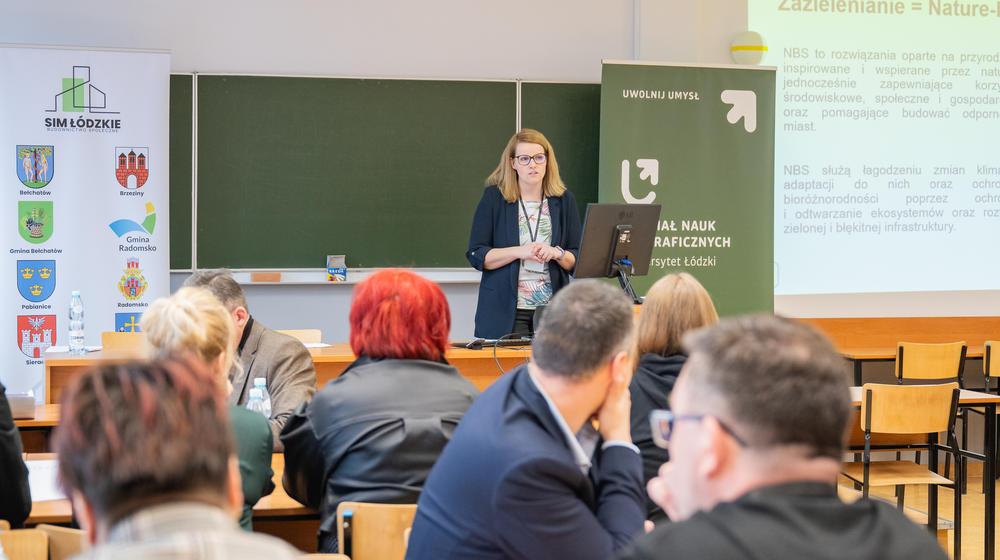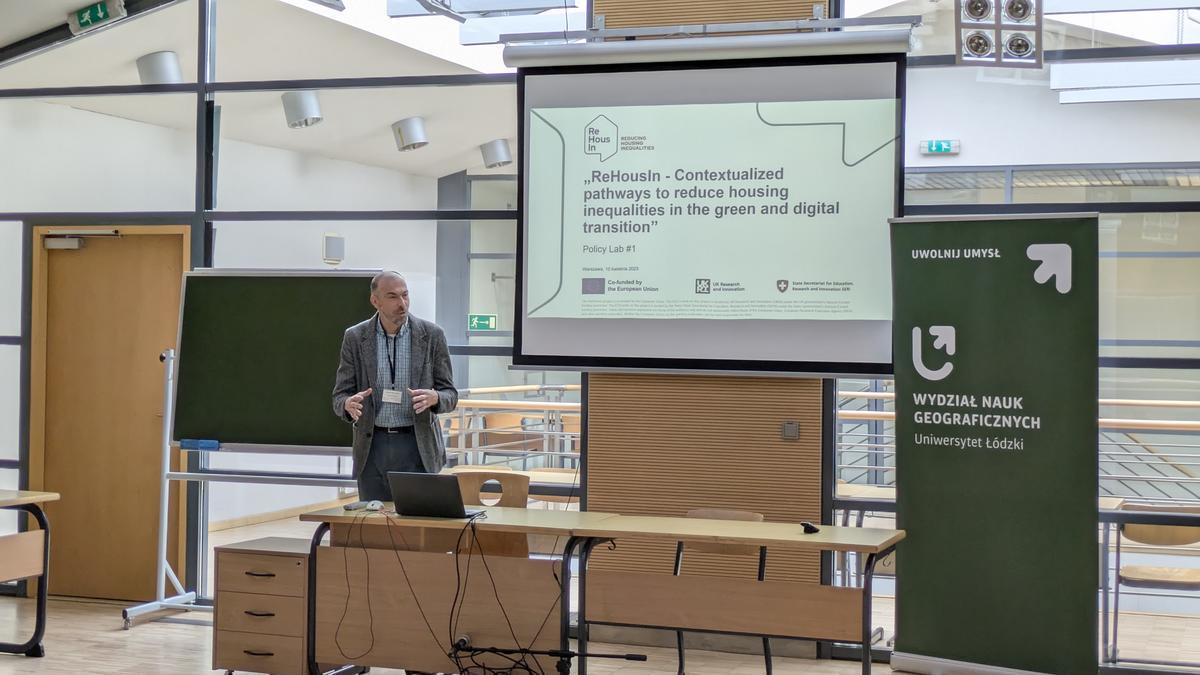Green policies and housing inequality: Insights from the first Policy Lab in Poland
The first ReHousIn Policy Lab in Poland, held in two sessions (one in Łódź and one in Warsaw), brought together various groups of stakeholders (researchers, policymakers, local and regional authorities, representatives of construction companies, NGOs) to discuss challenges and strategies in retrofitting, urban densification, and nature-based solutions within the housing sector. The methodology involved presentations, breakout sessions, and plenary discussions. Key discussions addressed how design and implementation of green policies can impact housing inequalities.
Participants identified barriers such as public resistance, inter-estate ownership issues, and some policy gaps. The workshops revealed that poorly managed green initiatives could lead to gentrification and displacement. Participants stressed the importance of balancing environmental and social goals, improving spatial planning, and reviewing outdated policies. The meetings fostered valuable dialogue between central and local authorities, NGOs, and researchers, with local governments showing interest in applying project insights to improve affordable housing policy and reduce inequalities.
One of the topics widely discussed during the workshops was the issue of small apartments being introduced to the market by so-called pathological developers, even though they did not meet size standards.
A serious barrier to the implementation of green measures in cities is the problem of ownership of inter-estate areas. It was also noted that the introduction of greenery can increase the value of properties in their immediate vicinity. Pocket parks or “woonerfs”, which have become very popular in Poland, were cited as examples.
The organisers extend their thanks to all participants for their valuable contributions to the discussion and look forward to continued collaboration in the future.
Publishing date:

